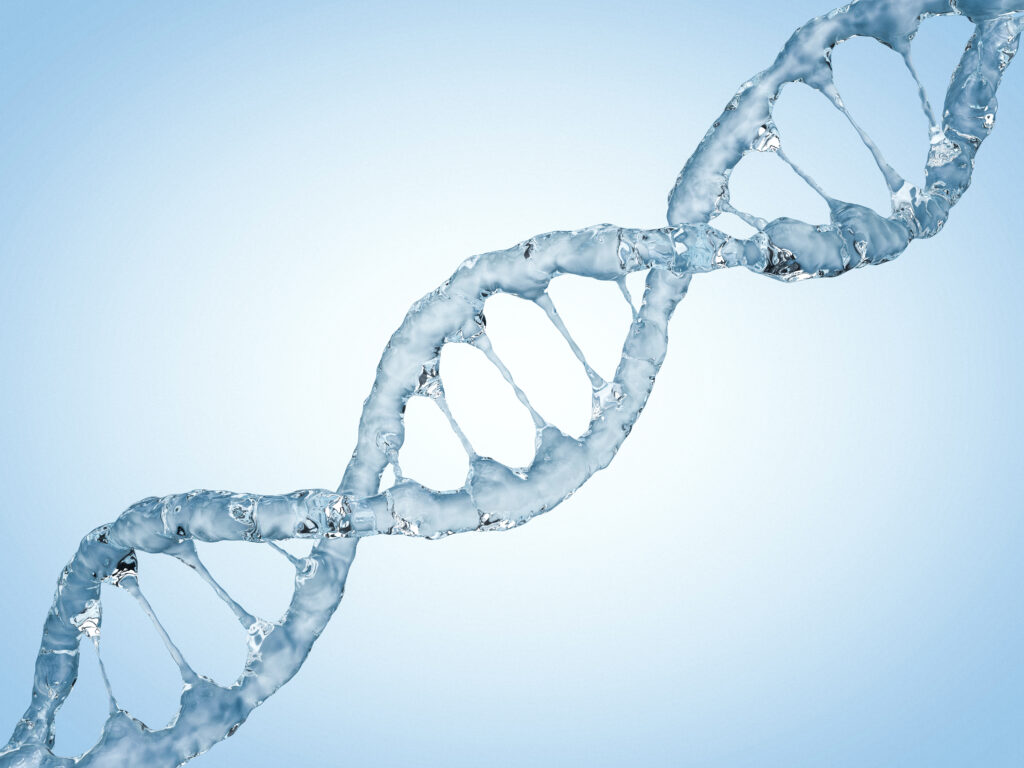New guidelines devised by the Indian Council of Medical Research (ICMR) may help to standardise gene therapy product development and clinical trials.
 Gene therapy has the potential for transformative change for the potential seventy million individuals residing in India that are affected by rare diseases. This is one of the key aims of the guidelines, seeking to ensure better treatment options for rare diseases or inherited genetic diseases such as Gaucher’s disease, haemophilia, thalassemia, sickle-cell anaemia and certain forms of muscular dystrophies.
Gene therapy has the potential for transformative change for the potential seventy million individuals residing in India that are affected by rare diseases. This is one of the key aims of the guidelines, seeking to ensure better treatment options for rare diseases or inherited genetic diseases such as Gaucher’s disease, haemophilia, thalassemia, sickle-cell anaemia and certain forms of muscular dystrophies.
Despite recent policies aiming to address these conditions, progress remains slow. Many of those affected by these diseases receive no help at all, not through political negligence, but simply through a lack of available treatment options.
According to a government policy document, there are currently around 7,000 to 8,000 rare diseases that fall under the classification. Of these, fewer than 300 have therapies available to treat them. About 95 percent of rare diseases have no approved treatment and fewer than one in ten patients receive disease-specific treatment.
The new ICMR guidelines, at the very least, carry the potential for streamlining the process of researching these disorders. “These are modern and robust guidelines, and are pragmatic for the country. These guidelines will provide the general principles for developing gene therapy products for any human ailment along with the framework for human clinical trials,” ICMR Director General Balram Bhargava said.
A major hurdle to researching many of these disorders is the size of the population they affect. While cumulatively rare diseases affect around seventy million, each individual disorder may affect just a few hundred or a few thousand individuals. A large number of the diseases show symptoms in early childhood and are often lethal within the first few years of life. Despite the severity of many of these conditions, research is often lacking.
Treatments for genetic conditions are often difficult to achieve, leaving many hurdles yet to be overcome both in India and across the globe. This includes the appropriate and timely diagnosis of the conditions, which often necessitates genetic testing and genetic counselling — a costly endeavour where the disorders are typically not covered by insurance policies.
While prospects are bleak for many individuals with conditions classified as rare diseases, policies such as that proposed by the ICMR may offer hope. Gene therapy may be a key avenue of research into many disorders where standard medication has shown little effect as the genetic alterations may directly impact the cause of the disorder. However, for progress to be made, research into such conditions must be incentivised through funding and stakeholder support.

